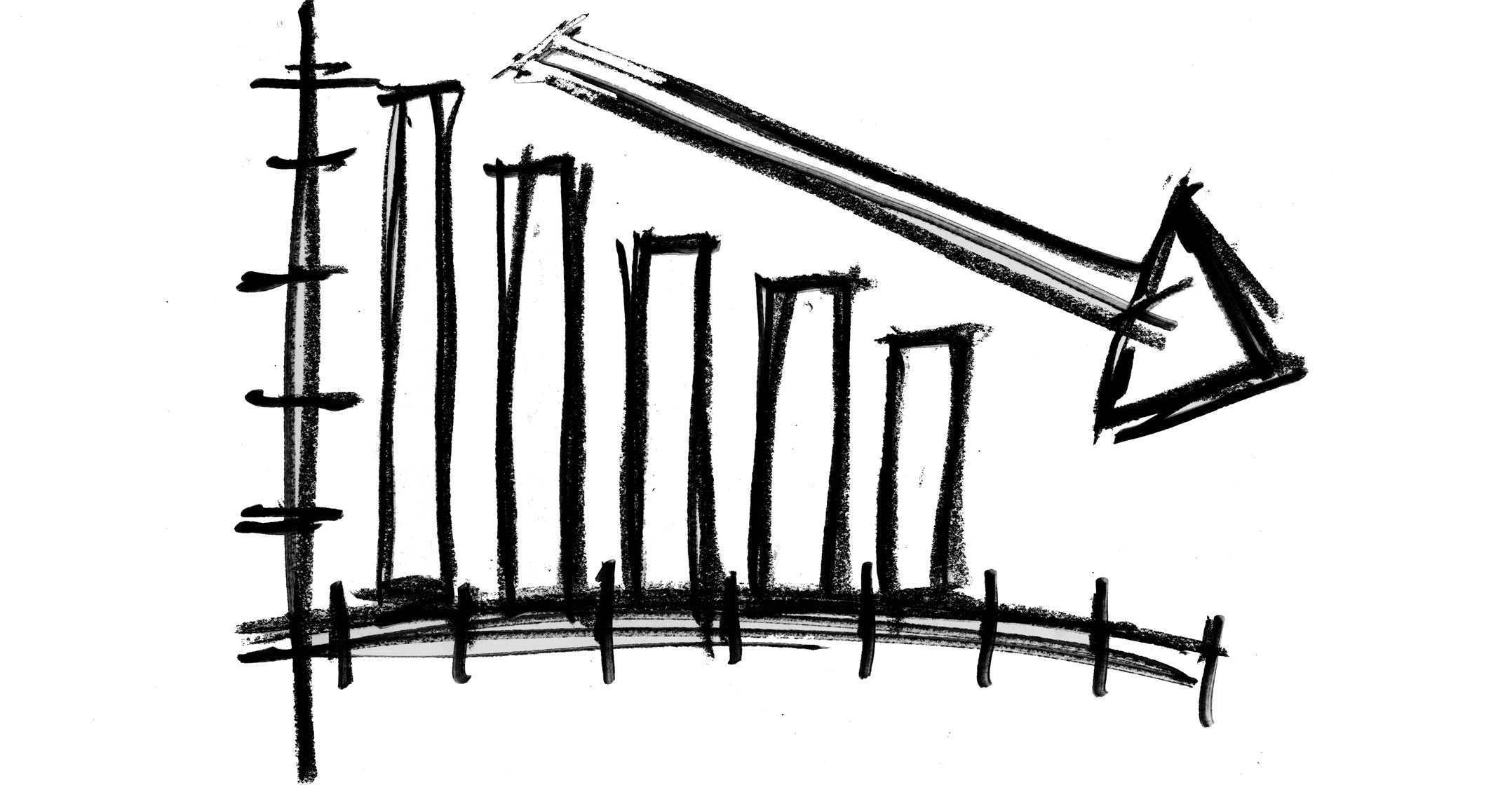 Eskom’s severe rolling blackouts last month had a significantly negative impact on South Africa’s economy, according to new data from financial transactions clearing house BankservAfrica.
Eskom’s severe rolling blackouts last month had a significantly negative impact on South Africa’s economy, according to new data from financial transactions clearing house BankservAfrica.
According to BankservAfrica’s monthly Economic Transaction Index (BETI), banked economic transactions declined by 0.4% from February to March. On an annualised basis, the BETI dropped by 1.8%; it declined by 0.6% on a quarterly basis.
The BETI is a broad early indicator of the health of the economy.
“The March BETI declined across all measurement periods,” said Shergeran Naidoo, BankservAfrica’s head of stakeholder engagements, in a statement. Naidoo said the numbers are a clear indication of the “deteriorating state of the economy”.
Mike Schüssler, chief economist at Economist.co.za, said Eskom’s load shedding hit the economy hard.
“It is clear that the extensive load shedding in March hurt the economy with the real value of transactions down, and the actual value of transactions declining for the first time since April 2017,” he said.
‘Downward trend’
“The economic business cycle is still in a downward trend according to the BETI and it seems very likely that the domestic economy will show a decline when the GDP figures for the first quarter of 2019 are published.”
The standardised nominal value of the BETI was R875.7-billion while the average value per transaction was R8 444. This is the first nominal rise in 23 months, said Naidoo. This rise, however, is due to VAT refunds paid in March.
“Without the nearly R20-billion worth of VAT repayments paid into the National Payments System, the March BETI would have been worse off.”
 According to Schüssler, the increase in the average value per transaction also suggests that transactions of higher value were made during the load-shedding period to reduce the number of such transactions.
According to Schüssler, the increase in the average value per transaction also suggests that transactions of higher value were made during the load-shedding period to reduce the number of such transactions.
“Overall, the fact that the BETI showed a 0.6% decline from the previous quarter suggests the economy’s resilience. Firms and customers, along with employees, are still trying to transact and go about their normal business as much as possible,” he said.
“Still, based on the BETI data and other economic indicators, it is very likely that the South African economy will start the 2019 year on weaker levels. One can expect economic growth forecasts to be slashed.” — © 2019 NewsCentral Media




